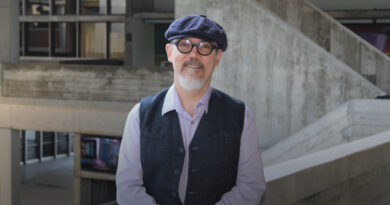Ethics In Scientific Studies
When people discuss vaccinations, treatments or cures, they rarely think about the research, the sacrifices that are made during studies or even how informed people must be in these types of studies.
Cells were taken from Henrietta Lacks’ body, a patient admitted into John Hopkins Hospital, and is still used in labs today to help find cures and treatment to better the lives of everyone, but they were taken without her knowledge and her nor her family were compensated for her contribution to the science community, according to The Immortal Life of Henrietta Lacks by Rebecca Skloot. However, through the use of her cells, Henrietta Lacks saved lives.
The Tuskegee Syphilis Experiment, a 40-year study by the University of Tuskegee to research untreated syphilis in African-American men, which also failed to inform the participants of the study, changed how people were treated when they were involved in medical research.
All of this begs the question of whether or not ethics should be involved in scientific study.
Infringing upon anyone’s rights is not only offensive, but it is immoral. However, through these immoral decisions and unfortunate sacrifices, millions of lives were saved. If ethics was an important factor for these researchers, we wouldn’t be where we are now.
This does not change the fact that what was done is wrong. To have your rights violated is wrong. I know this seems like a distant problem where, if it doesn’t happen to you or anyone you care about, there isn’t any point to form an opinion other than it is wrong.
But what if you or a loved one was used without consent? What if you helped cure cancer without knowing you saved millions of lives?
Ethics has a very firm place in scientific research because of past mistakes where rights were violated. However, technology has advanced so much that perhaps this is a moot point if experiments can be done on computers instead of human beings. But if ethics has no place in science, perhaps we, as a species, have not progressed as much as we may think.




